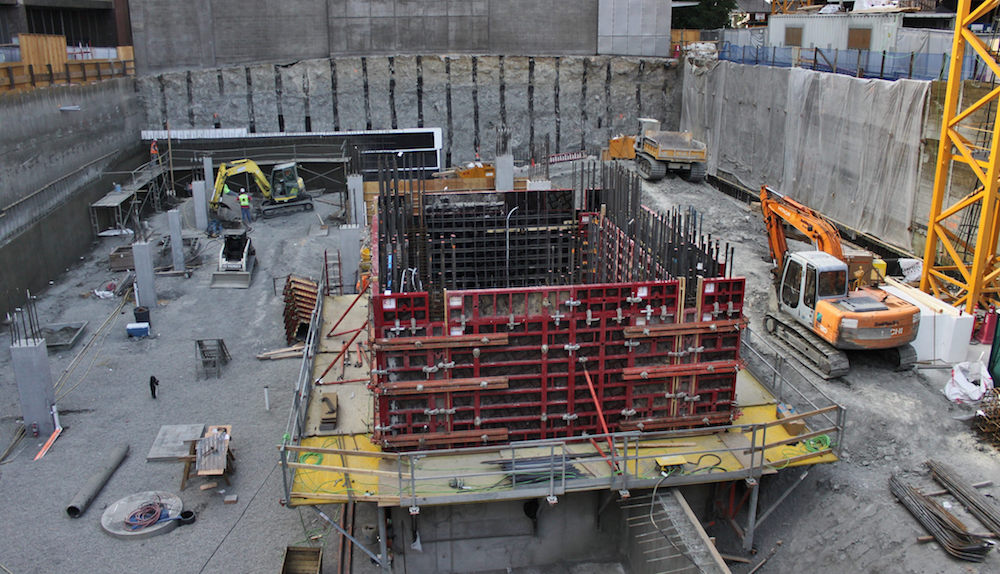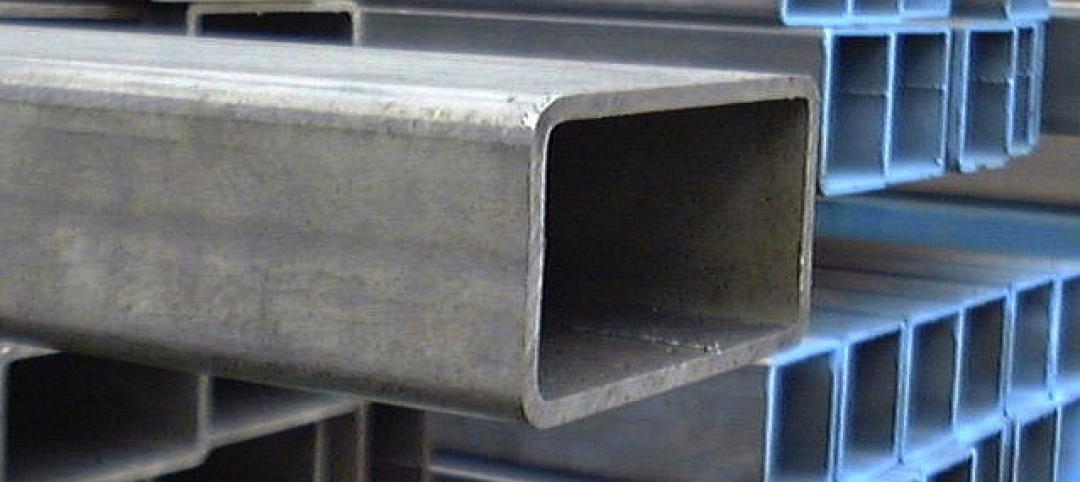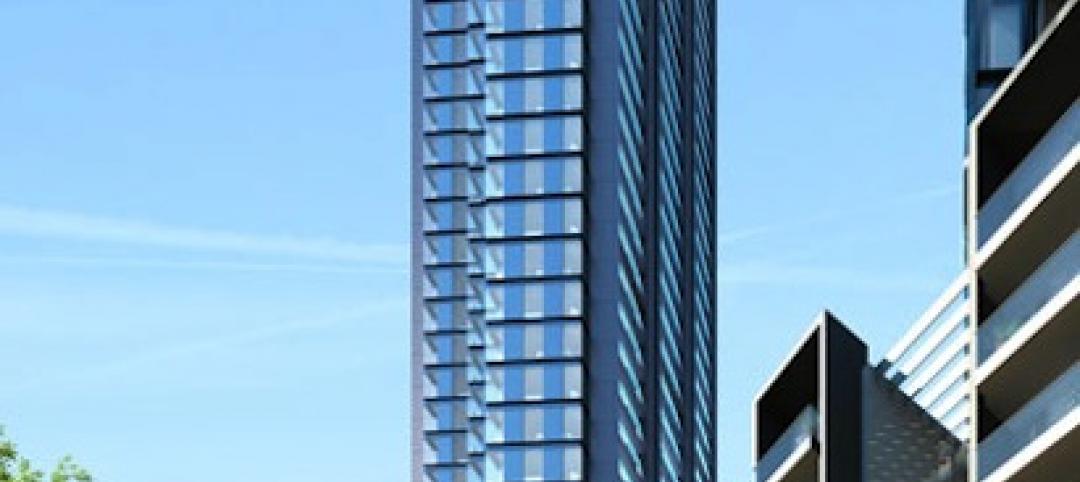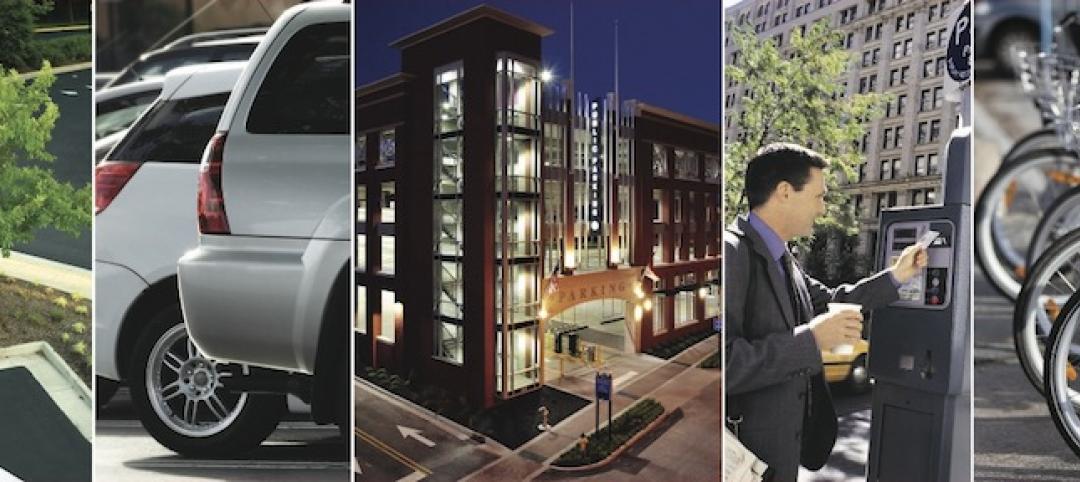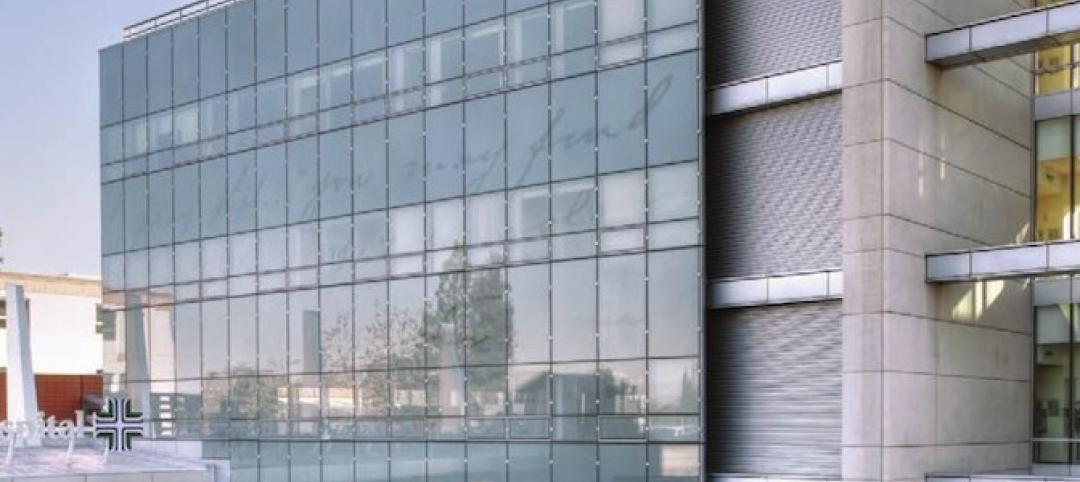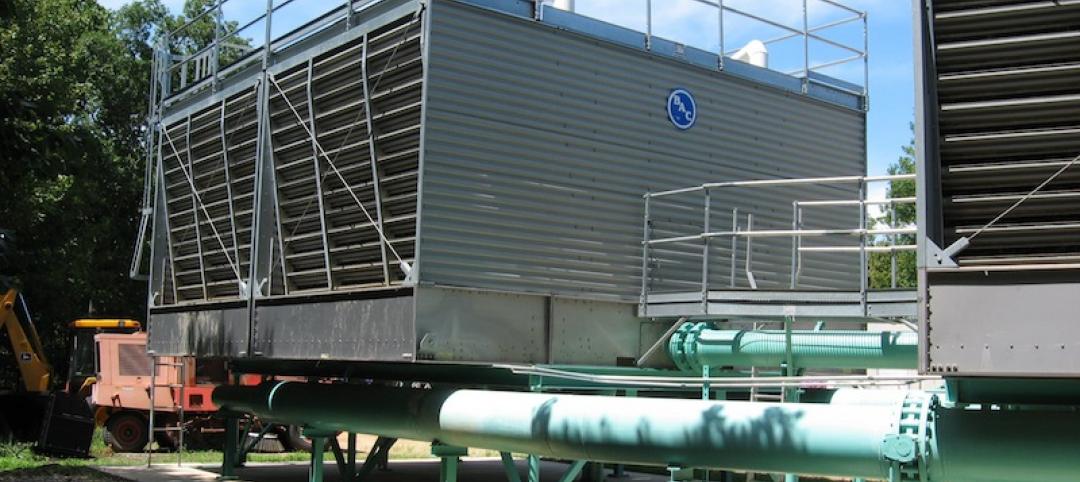A bruising presidential election and a tightening labor market are prompting reservations about future spending for nonresidential building, even as the construction industry’s performance has staved off most gloom-and-doom scenarios.
Total spending for nonresidential building was up nearly 11%, to $103.3 billion, in the first quarter. The Census Bureau estimated that the value of nonresidential building put in place rose 3.1% in April compared to April 2015, to an annualized $461.8 billion, spurred by robust building of hotels, offices, and entertainment/amusement centers.
TOP CONTRACTOR GIANTS
2015 GC Revenue ($)
1. Turner Construction Co. $10,566,643,175
2. Whiting-Turner Contracting Co. $5,530,003,229
3. Fluor Corp. $5,048,920,000
4. Skanska USA $4,887,571,264
5. Gilbane Building Co. $4,406,057,000
6. PCL Construction Enterprises $4,344,294,460
7. Balfour Beatty US $3,955,770,283
8. Structure Tone $3,865,600,000
9. AECOM $3,772,057,000
10. DPR Construction $3,085,975,000
TOP CM/PM GIANTS
2015 CM/PM Revenue ($)
1. Hill International $503,000,000
2. Jacobs $460,670,000
3. JLL $328,233,760
4. Hunter Roberts Construction Group $259,724,915
5. AECOM $256,933,000
6. Burns & McDonnell $255,390,861
7. WSP | Parsons Brinckerhoff $173,063,000
8. Turner Construction Co. $161,788,824
9. Sachse Construction $109,836,555
10. Cumming $96,538,000
CONSTRUCTION GIANTS SPONSORED BY:
“The construction sector is likely to be the economic tailwind” in the U.S., predicts Kermit Baker, PhD, Chief Economist with the American Institute of Architects.
Baker and chief economists Ken Simonson of the Associated General Contractors of America and Alex Carrick of CMD Construction Data expect nonresidential construction spending to increase 9–10% this year and 4–8% in 2017. More than one-third of AGC’s membership expects there will be more work to bid on this year than last year, particularly in the retail, warehouse, lodging, and office sectors.
The trio of economists raised a number of red flags about factors that could slow construction spending. “Market fundamentals remain positive, but are fading in most sectors,” said Baker.
Carrick and Simonson are less sanguine about spending for education-related projects, mainly because growth figures for 4- to 17-year-olds and 18- to 26-year-olds are either flat lining or receding.
Simonson noted that recent legislation passed by Congress extends tax credits and allows for more federal dollars to flow into construction. But the federal government is reducing its overall physical footprint, so it’s more likely to renovate existing buildings than build new.
Multifamily housing, which has been one of the construction industry’s high-powered turbines—it’s up 30% since 2009, according to Baker—is expected to taper off to a still-strong but normalized range of 410,000–440,000 units per year.
Simonson also pointed out that the U.S. population has been growing at less than 1% annually, and that several states have lost population. Immigration, which has pushed population growth over the past few decades, has lost traction. The factors could lead to less mobility and less demand for new construction.
HELLO!!! ARE THERE ANY CARPENTERS OUT THERE?
Another area of concern for contractors is finding the skilled labor they need to complete projects they bid for.
The country’s unemployment rate stood at 4.7% in May, and was down in 269 of 387 metros, according to Bureau of Labor Statistics estimates. Carrick noted that the labor participation rate (the labor force as a percentage of the working-age population) fell to 62.5% in Q1/2016, from 67% in 2001.
Citing a recent survey of 1,300 AGC-member companies, Simonson said that 79% are having difficulty finding hourly craft professionals, and 73% struggle to hire carpenters. More than half (56%) said they have raised their base pay for hourly workers; 29% provide incentives and bonuses.
None of the economists anticipates a recession rearing its head any time soon. “I think there’s too much negative talk about the economy,” said Carrick. What does worry him are the sluggish energy sector and economic slowdowns outside the U.S., specifically China.
As for the presidential race, AGC’s Simonson lamented that it might not make much difference who wins. “I expect continued gridlock,” he says. “Uncertainty will cause companies to hold back on major investments.”
More on the 2016 Construction Giants: BD+C's John Caulfield examines how Turner uses to design-build, P3, Lean practices, and engineering services.
RETURN TO THE GIANTS 300 LANDING PAGE
Related Stories
| May 22, 2013
New ASTM standard enhances hollow structural sections
ASTM A1085 is a big step forward in simplifying HSS design and usage, thereby making it a more desirable option for HSS.
| May 22, 2013
Architecture billings take a step back in April, ending growth streak
For the first time in 10 months, the AIA's Architecture Billings Index slipped into negative territory, falling to 48.6 in April, down from 51.9 the previous month. This is the ABI's lowest mark since July 2012.
| May 21, 2013
Foster + Partners reveals plans for London residential towers
British firm Foster + Partners has unveiled plans for two residential skyscrapers as part of a mixed-use development in north London.
| May 21, 2013
7 tile trends for 2013: Touch-sensitive glazes, metallic tones among top styles
Tile of Spain consultant and ceramic tile expert Ryan Fasan presented his "What's Trending in Tile" roundup at the Coverings 2013 show in Atlanta earlier this month. Here's an overview of Fasan's emerging tile trends for 2013.
| May 20, 2013
4 emerging trends in parking structure design
Survey of parking professionals reveals how technology is transforming the parking industry.
| May 20, 2013
Jones Lang LaSalle: All U.S. real estate sectors to post gains in 2013—even retail
With healthier job growth numbers and construction volumes at near-historic lows, real estate experts at Jones Lang LaSalle see a rosy year for U.S. commercial construction.
| May 17, 2013
First look: HKS' multipurpose stadium for Minnesota Vikings
The Minnesota Sports Facilities Authority (MSFA), the Minnesota Vikings and HKS Sports & Entertainment Group have unveiled the design of the State’s new multi? purpose stadium in Minneapolis, a major milestone in getting the $975 million stadium built on time and on budget.
| May 17, 2013
5 things AEC pros need to know about low-e glass
Low-emissivity glasses are critical to making today’s buildings brighter, more energy-efficient, and more sustainable. Here are five tips to help AEC professionals understand the differences among low-e glasses and their impact on building performance.
| May 17, 2013
LEED v4 has provision to reduce water use in cooling towers
The next version of the U.S. Green Building Council's LEED rating system will expand water-savings targets to appliances, cooling towers, commercial kitchen equipment, and other areas.
| May 16, 2013
Chicago unveils $1.1 billion plan for DePaul arena, Navy Pier upgrades
Hoping to send a loud message that Chicago is serious about luring tourism and entertainment spending, Mayor Rahm Emanuel has released details of two initiatives that have been developing for more than a year and that it says will mean $1.1 billion in investment in the McCormick Place and Navy Pier areas.


